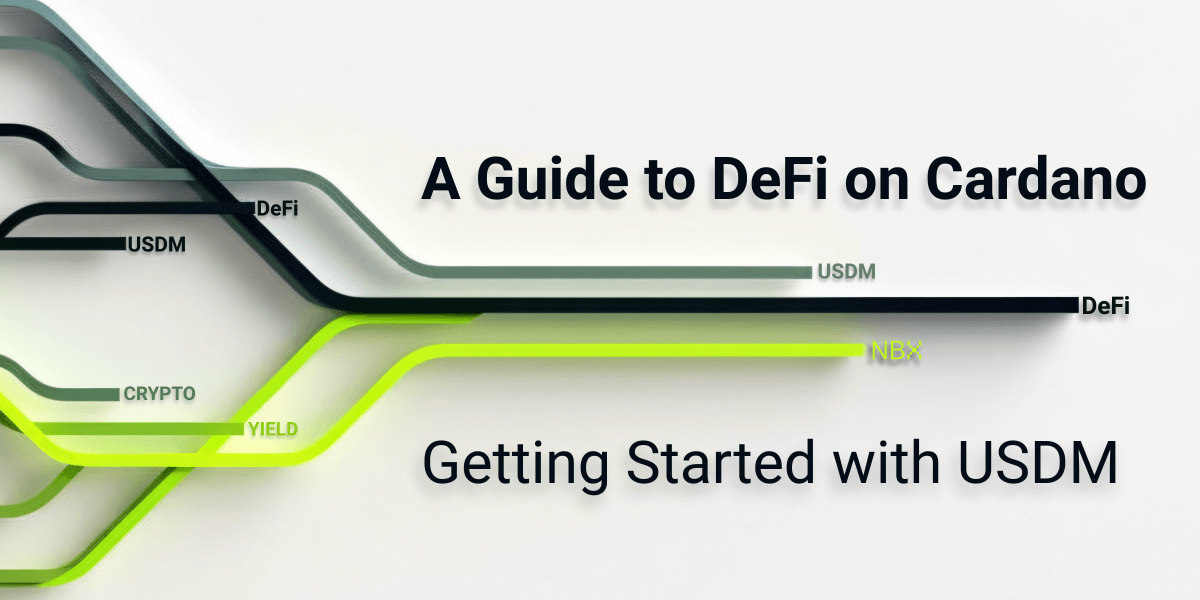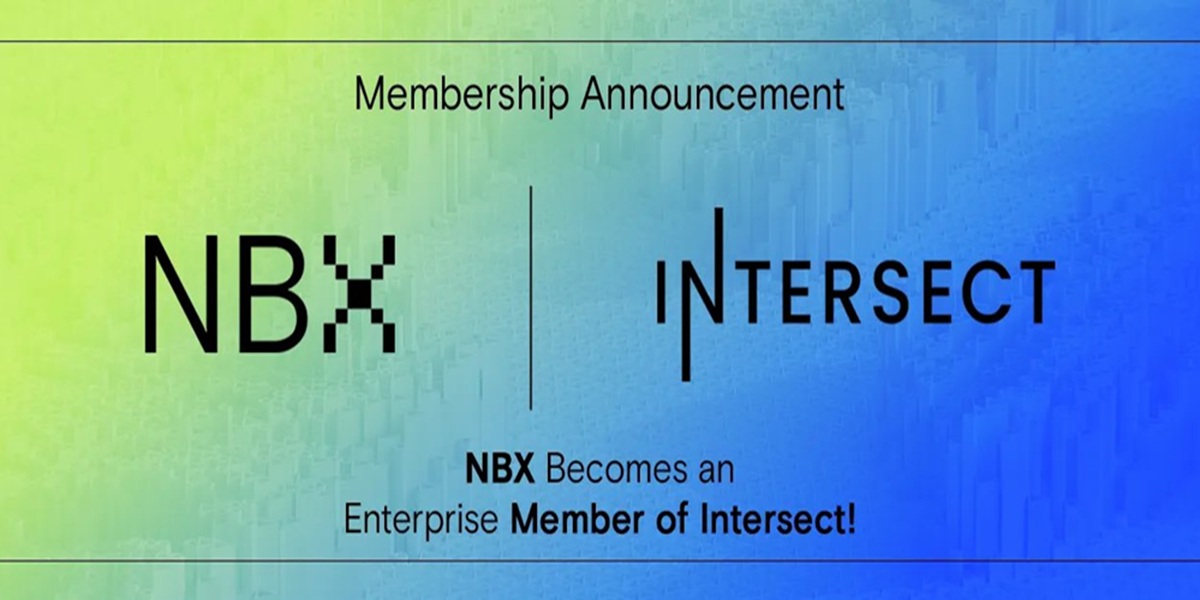In 2009, Satoshi Nakamoto launched Bitcoin and catapulted the world into what would become a cryptocurrency revolution. Because it’s the most valuable and used cryptocurrency, it’s important to start your cryptocurrency journey by understanding how it works and why it’s valuable.
Bitcoin is a decentralized, peer-to-peer currency that is hosted on a blockchain network. Using Bitcoin wallets, anyone can send Bitcoin anywhere in the world at any time without the involvement of any third party.
A Bitcoin wallet is a software program where someone can store the Bitcoins they own. All Bitcoin wallets can be split into two categories which are: custodial and non-custodial wallets. If you’re using the latter type, then you can think of your Bitcoin wallet as a Bitcoin bank account except instead of the bank is the one to store your funds, you are.
Bitcoin wallets are made up of two secret codes called public and private keys. These keys, which are randomized strings of letters and numbers, give Bitcoin users true ownership of their funds. The private key, for example, is like an ID, because with it, you prove that the funds in your wallet belong to you. Therefore, it's important to never disclose your wallet's private key to anyone for any reason. On top of this, if you ever lose to it, you will lose access to your Bitcoin forever.
Your public key, on the other hand, is what allows you to send and receive Bitcoins. Since it's extremely long compared to, for example, a bank account number, Bitcoin wallets fashion their users what are called "public addresses."
Overall, a public address is like a Bitcoin bank account number that's used for any transfer. That means to send Bitcoins to someone else, you'll need their public address and vice-versa.
Over time, public addresses have become easier and easier to use and now often exist as simple QR codes that can be scanned with a smartphone's camera.
Now that you know how Bitcoins can be stored, sent, and received, you might wonder what they are and how they're created.
In the most basic sense, you can think of Bitcoin as a database entry, which is the same way cash exists after it is deposited into a bank account. Bitcoin has value because, unlike fiat currency, it's backed by more than just faith and adoption. Every Bitcoin in existence has been created through a specialized process called mining.
In summary, Bitcoin mining is the process of verifying that Bitcoin transactions are legitimate and adding them to Bitcoin's blockchain (shared database). Every 10 minutes, miners race to add a new block of transactions, and the first miner to do so correctly "wins" the block reward, which is currently 6.25 Bitcoins. Since Bitcoin's launch, this has always been the only way new Bitcoins are issued.
This race to be the holder of the block reward is like a digital gold rush because only 21 million Bitcoins will ever exist. Therefore, every miner has a strong incentive, based on Bitcoin’s known scarcity, to gather as much Bitcoin as they can, as well as for investors, scarcity is one of the drivers for the existent demand.
As mentioned above, Bitcoin is decentralized. That means it's controlled by its users and not by any single company. Essentially, Bitcoin users can be broken down into two groups, Bitcoin miners and Bitcoin investors. If all miners stopped mining, then no new Bitcoins would be made. If all investors sold their Bitcoin, then its value would plummet extremely. Therefore, it's both groups together that keep Bitcoin going - and going, which is reflected in its growth (see History of Bitcoin on Wikipedia for historical prices).
You don't need to be a miner or have any sort of specialized technical knowledge to buy your first Bitcoin. The easiest way to do so is to buy it from a cryptocurrency exchange. Simply, signup for an account with us at NBX and deposit NOK. From there, you can buy Bitcoin once your account is verified (see What is KYC? in our Knowledge Base).
At that point, it's up to you to decide whether you want to hold on to it like an investment, trade it, or even spend it for goods and services. Remember, Bitcoin is a currency too!
The article does not constitute financial advice.


